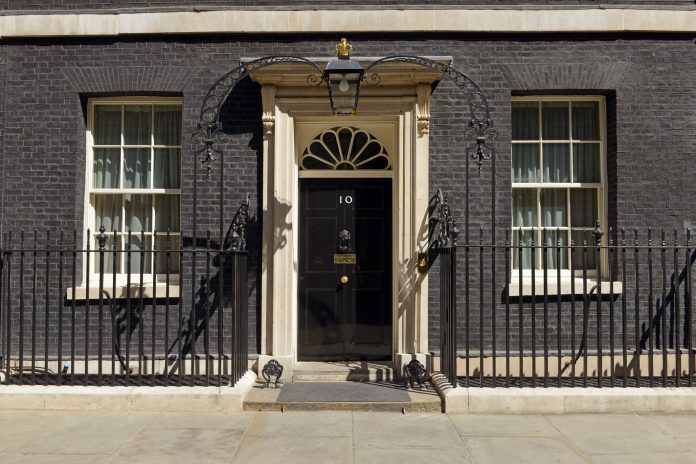The UK Government offers new reforms to support the rights of victims who have suffered from child sexual abuse
Victims can now come forward when ready as the three-year limit for a compensation claim is being axed.
These changes are a part of the Independent Inquiry into Child Sexual Abuse (IICSA), and they hope to address challenges that have previously stopped victims from seeking support.
These new changes hope to make the legal process more accessible and less re-traumatising for victims.
Supporting victims of child sexual abuse
In the past, victims of child sexual abuse had a strict three-year limit from the time they turned 18 to bring personal injury claims unless they could prove that a fair trial could still occur despite the lapse in time.
Having this time limit has often created a barrier for many survivors who struggle to come forward in a certain time frame due to trauma in their experience.
In some cases, it can take years or decades for a survivor to feel emotionally ready to confront their past and fight for justice. With the new plan to remove the limit, the government recognises that trauma can affect a survivor’s ability to act. Therefore, they should not have a time limit on how long they can process their experience before fighting for justice.
Making it easier for victims of child abuse to get justice
Previously, victims of child sexual abuse had to prove that, despite the passage of time, a fair trial could proceed.
This was a high bar for victims to meet, often requiring them to relive their trauma in a way that further harmed their emotional well-being. Under the new reforms, the defendant must prove that a fair trial cannot take place, such as in cases where evidence has been lost or is no longer available.
This shift ensures that victims are not put in the difficult position of proving their case before a trial, which can be a major psychological barrier to pursuing justice.
Another important part of the new reforms addresses the issue of institutional apologies.
In many cases of child sexual abuse, survivors want an apology from the institutions where the abuse occurred. However, institutions such as schools, care homes, and hospitals have historically hesitated to apologise for fear that doing so might be construed as an admission of liability, which could have significant legal and financial consequences.
The government has clarified that institutions should not fear apologising and has amended the law to make it easier for employers to offer these without the risk of automatically accepting responsibility. This clarification is important in encouraging accountability and offering survivors a sense of closure, even if legal action does not result in compensation or other forms of justice.
Getting justice
These reforms are not only a response to the needs of survivors but also part of a broader governmental effort to address child sexual abuse and violence against women and girls.
By extending the timeframe for civil claims and shifting the burden of proof, the government hopes to make sure that more victims can comfortably get justice without the pressure of legal constraints.
The changes to the Law of Apologies further improve the sense of accountability within institutions, encouraging a cultural shift where institutions recognise the harm caused by their employees and act to make amends.
As well as these changes, other legislative actions are being taken, such as the introduction of a new offence for those covering up child sexual abuse and the provision of additional resources to tackle grooming gangs and online abuse. These reforms form part of a wider national commitment to halving violence against women and girls over the next decade.











